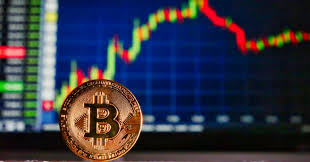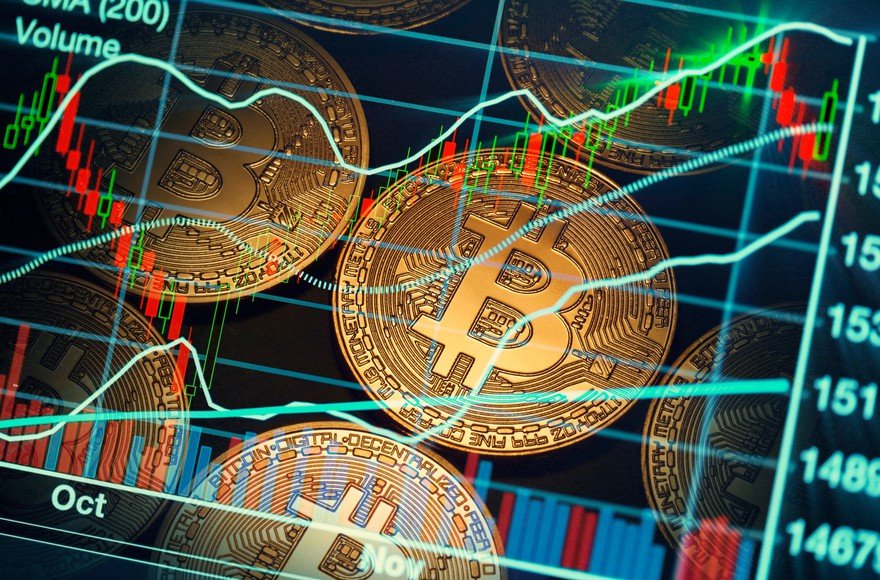
If you’re diving into the world of Ethereum, understanding gas fees is crucial. Gas fees can significantly impact your transactions, whether you’re buying NFTs, trading tokens, or interacting with decentralized applications (dApps). A valuable tool that many Ethereum users have started to utilize is ethgas.stream https://ethgas.stream/, which provides real-time data on Ethereum gas prices, enabling users to make informed decisions when it comes to sending transactions on the Ethereum network.
Ethereum operates on a blockchain technology that relies on a system of miners to facilitate transactions. These miners need to be compensated for the computational power they provide. This compensation comes in the form of gas fees. Gas refers to the unit that measures the amount of computational effort required to execute operations such as transactions or smart contracts. Understanding gas fees can help you navigate the Ethereum ecosystem more efficiently.
What are Gas Fees?
Gas fees are paid in ETH (Ethereum’s native cryptocurrency) and are required to process transactions on the Ethereum blockchain. When you want to execute a transaction or interact with a smart contract, you need to specify a gas limit (the maximum amount of gas you’re willing to spend) and a gas price (the amount you’re willing to pay per unit of gas). Miners prioritize transactions based on the gas price, which means that higher gas prices can result in faster transaction times.
How Gas Fees Work
Gas is measured in units, with each operation on the Ethereum network requiring a certain amount of gas. For example, a simple ETH transfer may require 21,000 gas units, while complex smart contract interactions can demand significantly more. The total gas fee is calculated by multiplying the gas price (set by the user) by the gas limit (the maximum gas you’re willing to spend).
Here’s the formula to calculate the total gas fee:
Total Gas Fee = Gas Price x Gas Limit
Understanding the Gas Price
The gas price is dynamically determined by market demand. When the Ethereum network is busy, the gas prices tend to rise, and when there’s less activity, gas prices may drop. Using a tool like ethgas.stream can help you gauge the current market gas prices, allowing you to choose an optimal time to execute your transactions.
Why Gas Fees Matter

Gas fees play a crucial role in the Ethereum economy. They ensure that miners are incentivized to validate transactions, which maintains the integrity and security of the blockchain. However, these fees can also become a burden, especially during periods of high demand. In some cases, users may find themselves paying significant amounts in gas fees, which can negatively impact the overall cost of their transactions or investments.
How to Optimize Gas Fees
Optimizing gas fees is essential for anyone regularly using the Ethereum network. Here are some tips to minimize costs:
- Monitor Gas Prices: Use platforms like ethgas.stream to track the latest gas prices. This tool provides valuable insights into the current gas market, helping you decide the best time to execute your transactions.
- Set a Reasonable Gas Limit: Ensure that your gas limit is set according to the required operations. Setting it too high can lead to unnecessary costs, whereas setting it too low may result in failed transactions.
- Consider Layer 2 Solutions: Ethereum’s Layer 2 solutions, like Optimistic Rollups and ZK-Rollups, can significantly reduce gas fees. They establish a more scalable environment for transactions and smart contracts.
- Batch Transactions: If possible, batch multiple transactions into one. This allows you to pay one fee for all transactions rather than incurring separate fees for each one.
Common Myths about Gas Fees
With the rise of Decentralized Finance (DeFi) and non-fungible tokens (NFTs), several myths surrounding gas fees have circulated. Here are a few common misconceptions clarified:
- Myth 1: Higher gas fees always ensure faster transactions. While it’s true that miners prioritize higher fees, other factors can affect transaction speed, like network congestion.
- Myth 2: Gas fees apply to every transaction uniformly. The gas required can vary significantly depending on the operation’s complexity.
- Myth 3: Gas fees are solely for transactions. In reality, gas fees are required for all blockchain operations, including smart contracts and dApp interactions.
The Future of Gas Fees
The Ethereum network continues to evolve, particularly with the transition to Ethereum 2.0 and the implementation of Proof of Stake (PoS). These changes are expected to improve scalability and reduce gas fees. Additionally, the development of new solutions and alternatives will likely emerge, providing users with more cost-effective ways to conduct transactions.
Conclusion
Understanding Ethereum gas fees is vital for anyone looking to engage with the blockchain. Tools like ethgas.stream enhance your ability to navigate these fees effectively. By monitoring gas prices, optimizing transactions, and staying informed about the latest developments, you can significantly enhance your Ethereum experience while minimizing costs. Whether it’s for trading, investing, or interacting with NFTs and DeFi applications, being gas-wise is the key to successful Ethereum usage.